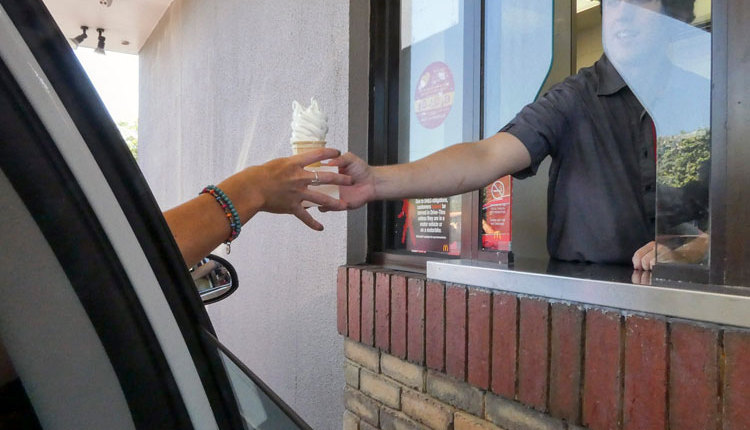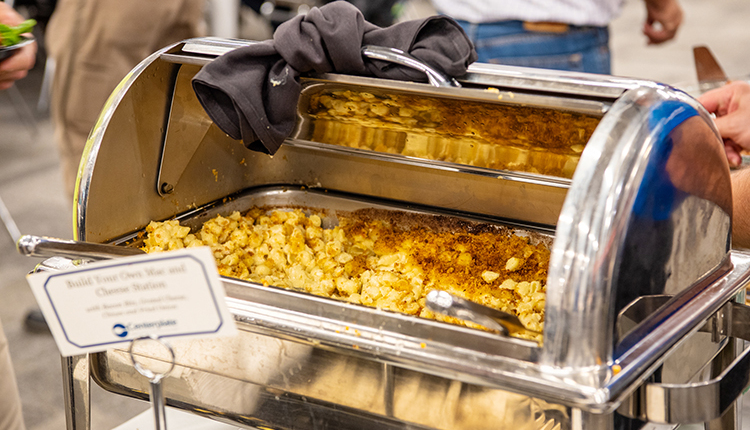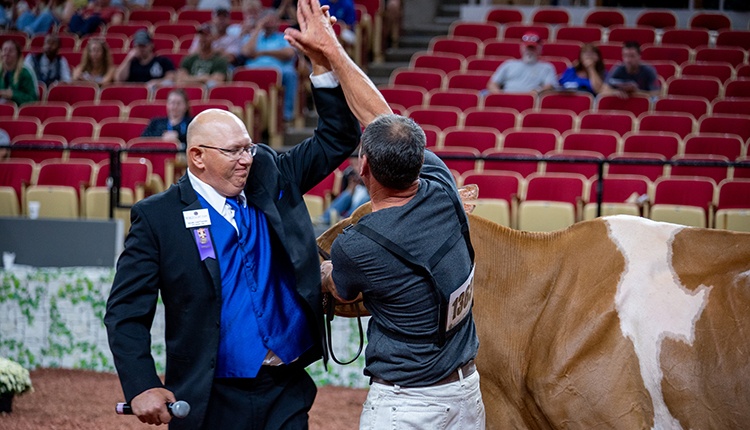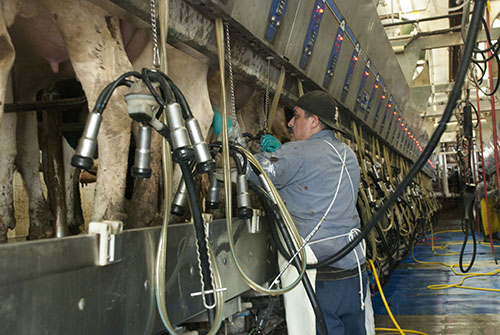
Most farms have a clear strategy in place for taking care of their cows: professionally balanced rations, written protocols for milking, well-designed facilities and so on. But do just as many have a people strategy?
"The best players have coaches," says Tom Wall, president of Dairy Interactive, LLC and Language Links, LLC. "It should be your goal to keep everyone on the same path."
In his presentation at the Dairy Calf and Heifer Association annual conference, he explained that good employees want order, respect and opportunity. "Good employees want opportunity. They want to know there's something in it for them."
"If you don't have order, you have chaos. Bad people flourish when there isn't order," he said.
Wall recommends that farms differentiate between good and bad employees. If you offer bonuses or raises, they should be earned, he emphasized. "Pay people for what you value," he said.
If you don't differentiate and simply reward everyone, there could be problems, Wall noted. "Good employees will either leave and be a good employee for someone else, or they will stay and slide into bad employee habits. Then you'll have two poor employees making more money," he said.
And sometimes, more money isn't always the answer. "A compliment can go as far as any raise," Wall has learned from his experience working with farms.
You depend on your cows, and your cows depend on your employees. Make sure your people can depend on you, advised Wall. Be a better people manager by employing a people strategy.
Wall made the following suggestions to help managers be great:
Clarify your expectations.
Communicate frequently and in a timely manner.
Connect with your employees.
Manage by helping each person become more effective and efficient.
Recognize performance differences.
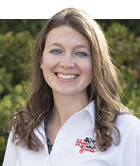 The author is an associate editor and covers animal health, dairy housing and equipment, and nutrient management. She grew up on a dairy farm near Plymouth, Wis., and previously served as a University of Wisconsin agricultural extension agent. She received a master's degree from North Carolina State University and a bachelor's from University of Wisconsin-Madison.
The author is an associate editor and covers animal health, dairy housing and equipment, and nutrient management. She grew up on a dairy farm near Plymouth, Wis., and previously served as a University of Wisconsin agricultural extension agent. She received a master's degree from North Carolina State University and a bachelor's from University of Wisconsin-Madison.





